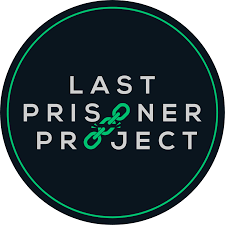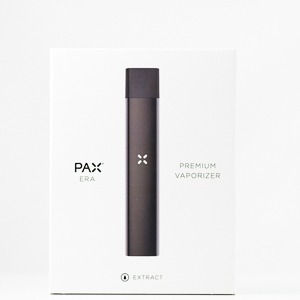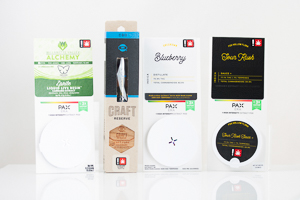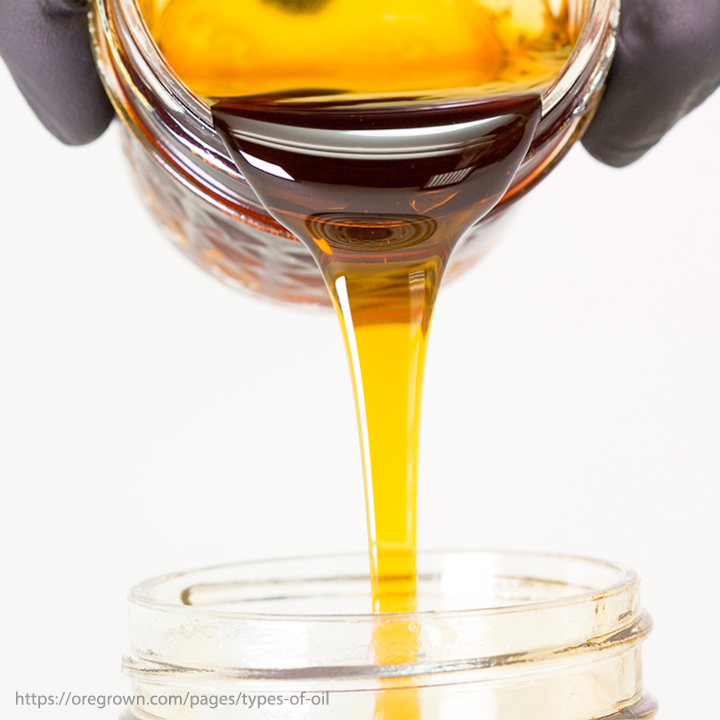CANNABIS JUSTICE IS RACIAL JUSTICE – RAISING FUNDS FOR THE LAST PRISONER PROJECT

As the United States slowly moves away from the criminalization of cannabis, giving rise to a major new industry, America continues to wage a war on drugs that’s deeply rooted in racism.
While some states have ended cannabis prohibition, like our home state of Oregon, there remain the fundamental and ongoing injustices inflicted upon those who have suffered arrest, prosecution, criminal convictions, and the far-reaching consequences of these destructive processes. This drug war has driven incredibly damaging racial disparities in the criminal justice system through disproportionate enforcement, against Black communities in particular.
Companies in 2020 are receiving government funding for engaging in the same cannabis-related activity for which other people are, at this very moment, sitting in prison. This obscene injustice must urgently be corrected.
As an organization that can only exist because cannabis is legal in Oregon, we have a moral obligation to engage in advocacy and concrete work to both end our nation’s horrendous war on drugs, and to free all people that are in prison for doing what we have built a legal business doing.
Since our founding we’ve engrained this essential work into our business. In 2015, our cofounder helped create and support a campaign, Fresh Start Oregon, which led to the passage of a bill in the Oregon Legislature that retroactively cleared the records of tens of thousands of Oregonians who had been convicted of criminal offenses of “possession, delivery or manufacture” of cannabis.
We knew then what we know now — that was just the beginning of the necessary work to achieve restorative justice in Oregon. And that much, much more is needed across the country.
That’s why East Fork partnered with our friends at the Last Prisoner Project over the past year.
Last Prisoner Project focuses on three key criminal justice reform initiatives: prisoner release, record clearing through clemency and expungement, and reentry programs. A core social justice focus is to release incarcerated cannabis prisoners. However, simply a release isn’t enough. Data shows that without the proper resources in place, most released prisoners struggle and may return to prison.
Reentry programs provide the necessary support for success for people who were formerly incarcerated. A criminal record can be a significant barrier to employment, housing, financial assistance, and more, so expungement programs work to clear the records of former cannabis prisoners — righteously so, given that those same acts are now legal. Collectively these programs help cannabis prisoners become “fully free.”
Here you can find the stories of several people, like Corvain Cooper, who have been impacted by the criminalization of cannabis. Corvain was arrested for what would now be classified as a misdemeanor. He was sentenced to life in prison under the three strikes law. After the US Supreme Court denied Corvain’s appeal, Corvain still hopes for executive clemency.
These stores are a snapshot of the millions of people who have had their lives disrupted or ruined by the immoral prohibition of cannabis and the drug war.
We encourage all Oregonians to financially support Last Prisoner Project directly with donations.
And in addition, this summer, you can team up with East Fork to contribute a bit more by purchasing one of our new PAX Era pods, created in collaboration with Buddies. $1 from every PAX pod purchased will be donated to LPP, which will total a donation of over $4,000 if every unit is sold.
Let’s work together and help the Last Prisoner Project put an end to cannabis prisoners and the drug war in America.










